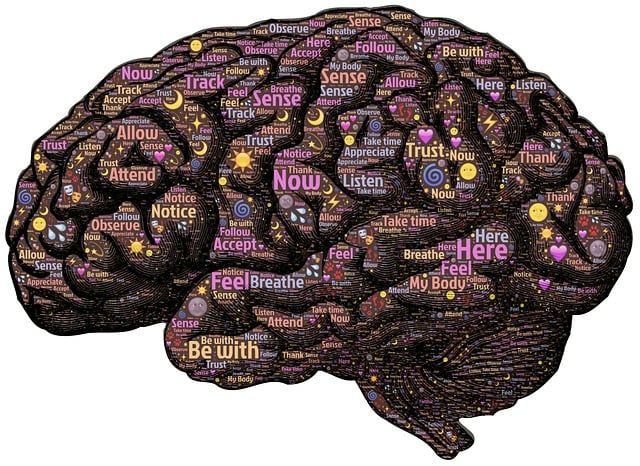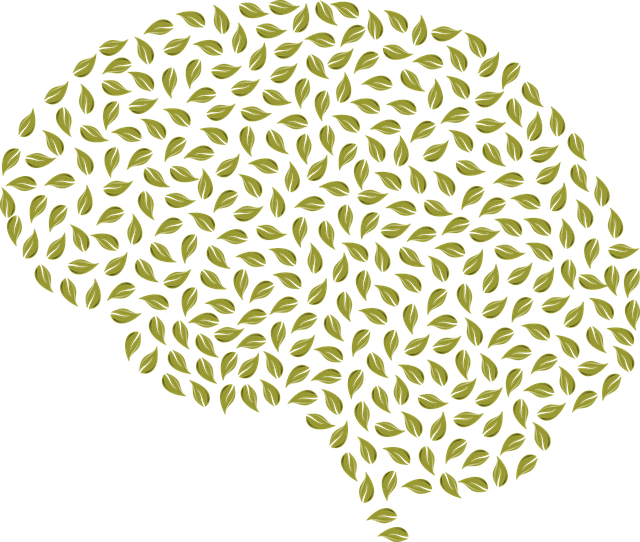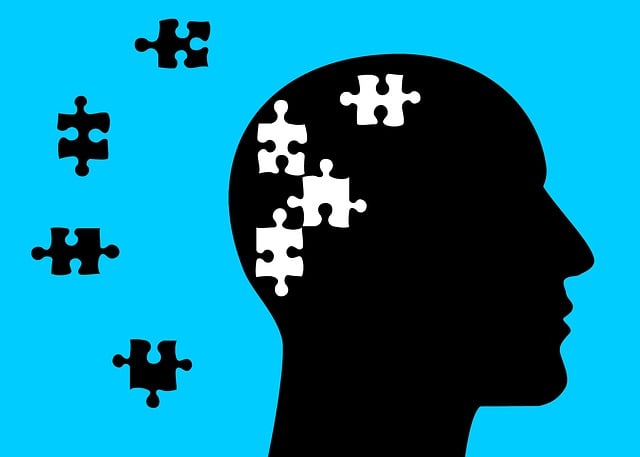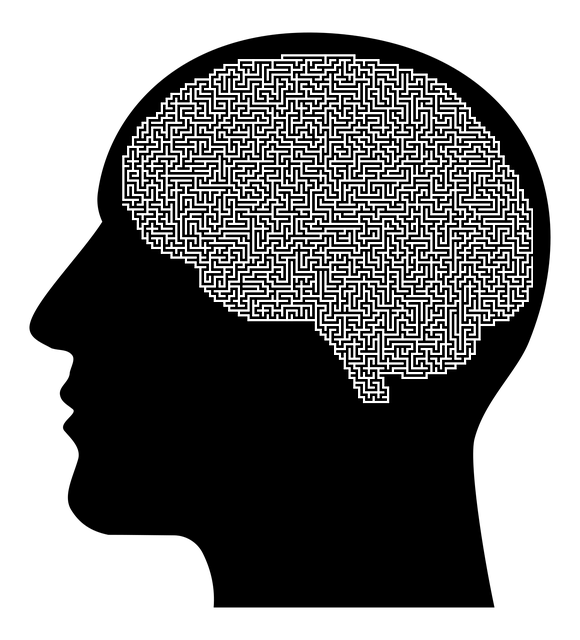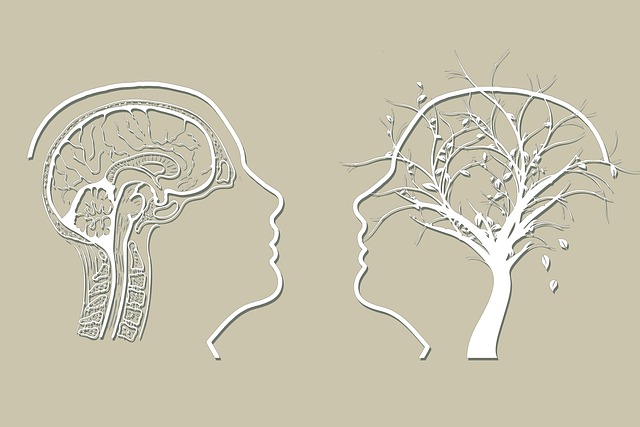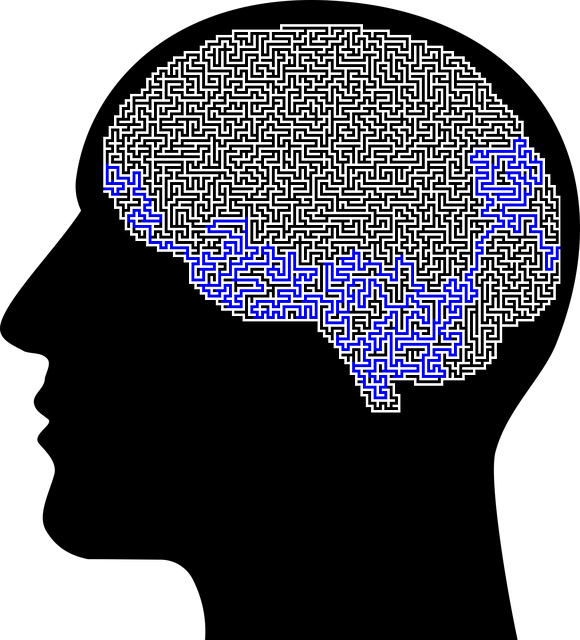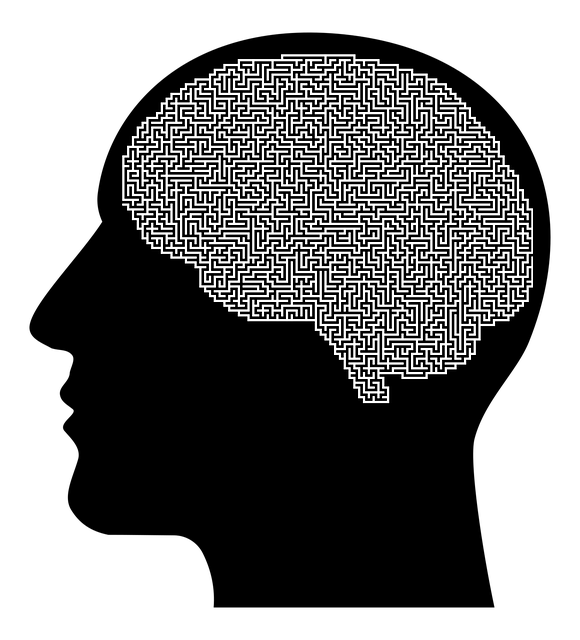Therapy for Adolescent Teens (TAT) emphasizes the unique mental health challenges faced by teens during brain development and identity formation, underpinned by increased academic, social, and family pressures. Traditional psychological testing often falls short of addressing these complexities, necessitating customized assessment tools. Developing engaging self-assessment tools integrated with evidence-based practices like mindfulness, conflict resolution, and stress management workshops can empower teens with coping strategies. Implementation by mental health professionals, schools, and organizations fosters resilience and positive psychological development through TAT and tailored psychological testing for adolescents (PT-A). Effective PT-A leverages age-appropriate resources, cultural sensitivity, trauma support, and mental wellness coaching principles to facilitate early concern detection and improve access to appropriate therapy for adolescent teens.
In today’s digital era, addressing adolescent mental health has become a pressing concern. The development of customized self-assessment tools is crucial for early identification of psychological issues among teens. This article explores the process of creating effective mental wellness self-assessment tools tailored to adolescents. We delve into the need for personalized assessment, design principles for psychological testing, and the integration of feedback with professional support to optimize therapy outcomes for young minds.
- Understanding Adolescent Mental Health and the Need for Customized Assessment Tools
- Designing Effective Self-Assessment Tools for Psychological Testing in Teens
- Integrating Feedback and Professional Support for Optimal Therapy Outcomes
Understanding Adolescent Mental Health and the Need for Customized Assessment Tools

Adolescent mental health is a critical area of focus due to the unique challenges and complexities teens face during their formative years. This period is marked by rapid brain development, identity formation, and increased exposure to academic, social, and familial pressures. Many adolescents struggle with issues such as anxiety, depression, stress, and behavioral problems, which can significantly impact their overall well-being and future prospects. Traditional psychological testing methods often fail to cater to the diverse needs of this demographic, as they may not account for the nuances of adolescent experiences and developmental stages. As a result, there is a growing need for customized assessment tools tailored specifically to address the unique mental health concerns of teens.
Developing self-assessment tools that cater to adolescents requires an understanding of their psychological and social contexts. Tools should be designed to engage teens and encourage honest self-reflection. Incorporating evidence-based practices such as mindfulness meditation, conflict resolution techniques, and stress management workshops can empower adolescents with valuable coping strategies. By implementing these customized assessment tools, mental health professionals, schools, and organizations can effectively support adolescent teens, fostering resilience and promoting positive psychological development.
Designing Effective Self-Assessment Tools for Psychological Testing in Teens

In developing self-assessment tools for psychological testing among adolescent teens, it’s crucial to create age-appropriate and engaging resources that facilitate accurate self-reflection and introspection. These tools play a pivotal role in early detection of mental health concerns, offering valuable insights for therapists and parents alike. Incorporating interactive elements and clear language tailored to teen understanding can enhance the effectiveness of psychological testing, ensuring more meaningful results.
Effective self-assessment tools should also address the unique needs of diverse adolescent populations, factoring in cultural sensitivity and trauma support services. By integrating mental wellness coaching programs development principles, these assessments can foster open communication, normalize conversations around mental health, and ultimately improve access to appropriate therapy for adolescent teens.
Integrating Feedback and Professional Support for Optimal Therapy Outcomes

Integrating feedback from self-assessment tools with professional support is vital for optimal therapy outcomes in adolescent teens. These tools, often incorporating psychological testing and assessment, provide valuable insights into an individual’s mental wellness. However, it’s not just about the data; it’s about using that data to foster meaningful change. Professional therapists can interpret results, identify areas of concern, and tailor interventions accordingly.
For instance, self-awareness exercises and stress reduction methods, such as compassion cultivation practices, can be incorporated into therapy based on assessment findings. This holistic approach ensures that adolescent teens receive not just a diagnosis or label, but a structured plan for improvement, enabling them to navigate their mental health journeys with increased confidence and resilience.
The development of customized mental wellness self-assessment tools is a pivotal step towards addressing the unique psychological needs of adolescent teens. By understanding the nuances of their mental health landscape and leveraging innovative assessment methods, we can enhance the effectiveness of therapy and support for this vulnerable demographic. Integrating these tools with professional feedback and tailored interventions promises optimal therapeutic outcomes, ensuring that adolescent teens receive the care they deserve in today’s digital era. This personalized approach to psychological testing empowers teens to actively engage in their mental wellness journey, fostering resilience and a brighter future.


